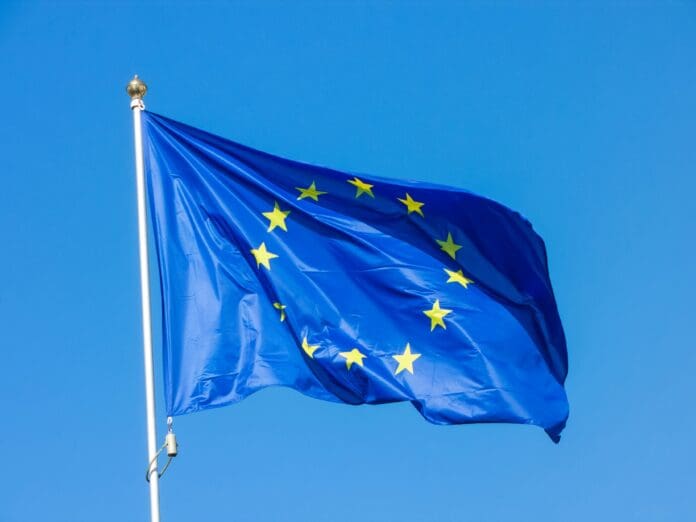This post is also available in:
 עברית (Hebrew)
עברית (Hebrew)
The European Commission is planning to establish a new intelligence unit that intends to improve the use of information collected by national spy agencies across the EU. The unit, which will operate under the commission’s secretariat-general, is expected to recruit personnel from member states’ intelligence services to collate and analyse material for joint operational purposes.
The initiative is part of a broader EU effort to strengthen homegrown security capabilities in response to heightened regional threats. Russia’s invasion of Ukraine and concerns over potential reductions in U.S. intelligence support have underscored Europe’s dependence on external partners and the need for more coordinated internal systems.
According to the Financial Times, the unit will not conduct field operations but will focus on aggregating and making actionable intelligence available to relevant European entities. The goal is to create a mechanism that can quickly translate the extensive knowledge held by national agencies into information useful for decision-making and operational planning.
The plan has met resistance within the European External Action Service, which oversees the existing Intelligence and Situation Centre (Intcen). Critics warn that creating a new entity risks duplicating Intcen’s functions and could complicate long-term coordination. Intelligence sharing among EU member states has long been sensitive, with some countries – particularly France – hesitant to share classified material. Political factors, including the influence of pro-Russian governments in certain capitals, further complicate collaboration.
Officials are examining ways to enhance the bloc’s intelligence and security capabilities, noting that discussions are ongoing and no timeline has been set. The new unit is intended to complement existing expertise within the commission and work closely with national agencies and the EEAS (European External Action Service).
The initiative follows a series of recent EU security measures, including the creation of a dedicated security briefing program for commissioners, funding for weapons deliveries to Ukraine, and the Iris² satellite project. The move seems to reflect a growing recognition of Europe’s need to coordinate intelligence more efficiently, particularly in hybrid conflict scenarios and in the face of potential gaps in transatlantic support.
By centralizing analysis and improving operational use of intelligence, the EU aims to strengthen situational awareness and resilience across the bloc, marking a significant step in European intelligence integration in decades.


























